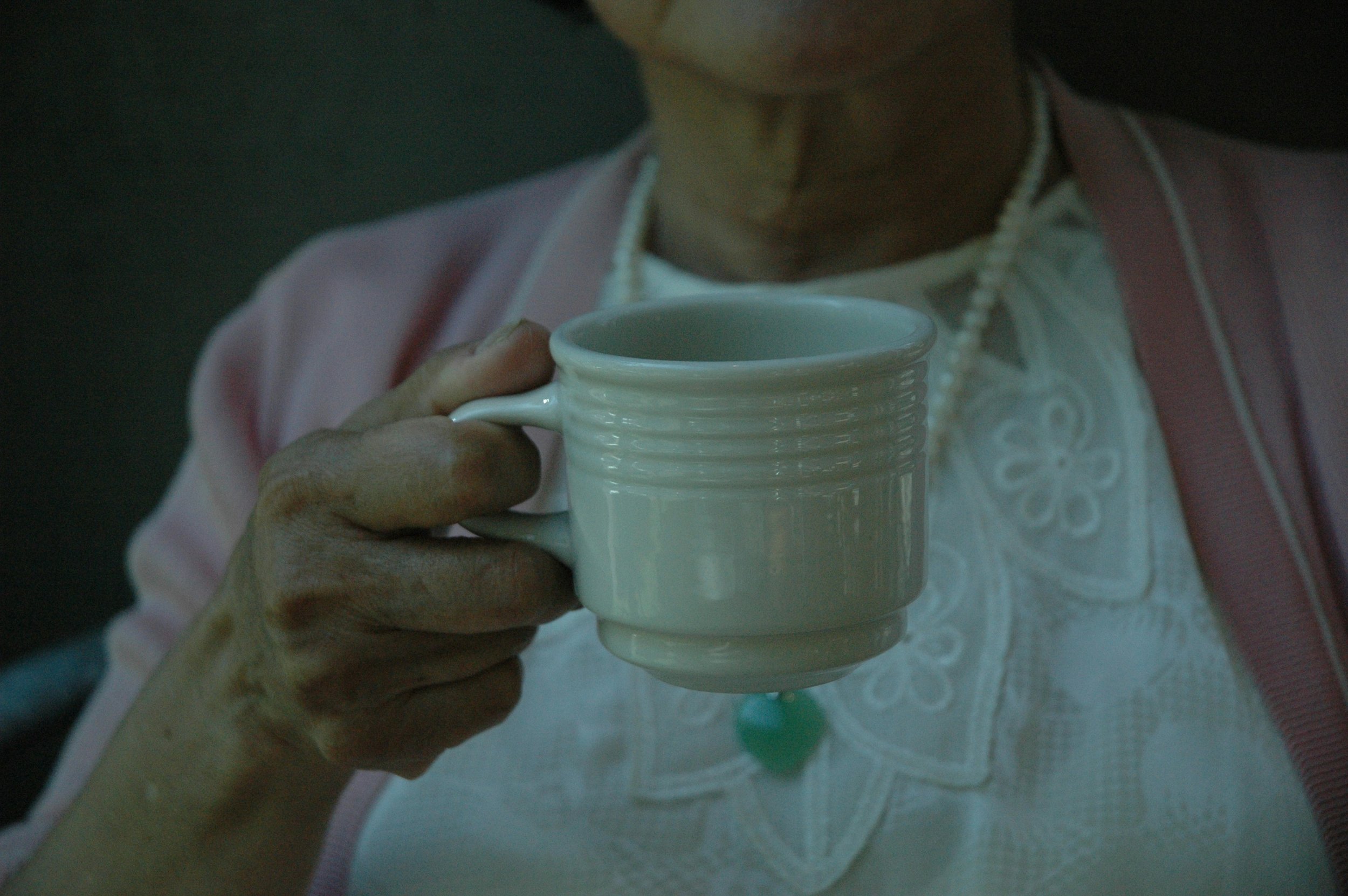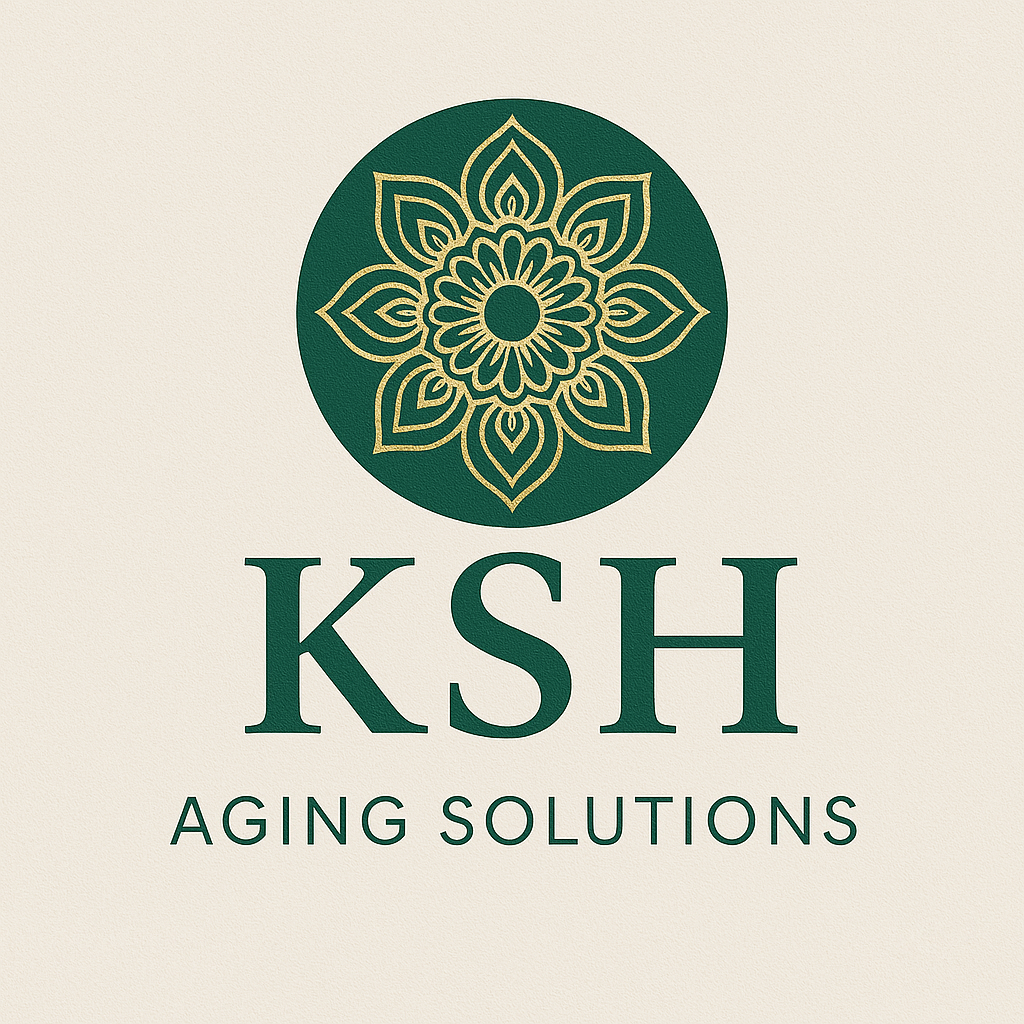
Hospital Delirium: The Confusion No One Warned You About (and What to Do)
Sudden confusion after a hospital stay? Learn what hospital delirium is, how it differs from dementia, and simple caregiver steps to spot it early and support recovery.

From Guilt to Guidance: Creating Your Caregiver Values
Reduce guilt and gain clarity in caregiving by creating a set of Caregiver Values. Learn how values guide tough choices with love and confidence.

Permission in Caregiving: Allowing Emotions and Redefining Guilt
Caregiving isn’t just logistics, it’s emotions. Learn how to give yourself permission to feel, reframe guilt, and care with clarity and compassion.

How Caregiving Rewires the Brain And Why It Puts Your Health at Risk
“Caregiving doesn’t just change your schedule, it changes your mind-body connection. Learn how you adapt under stress and why it’s so easy for caregivers to miss their own warning signs.”

Understanding the T.E.L.L.S. Method™: A Roadmap for Responding to Challenging Behaviors with Empathy and Insight
The T.E.L.L.S.™ Method is a simple, trauma-informed framework that helps caregivers understand and respond to challenging behaviors in five clear stages: Trigger, Early Signs, Level of Escalation, Loss of Control, and Settle/Shutdown. Learn how to shift from reacting to connecting because every behavior tells a story.

“Am I Really a Caregiver?” Redefining What It Means to Be the One Who Shows Up
“You may not see yourself as a caregiver—but if you’re the first person your aging loved one calls, if you’re constantly rearranging your day to check in, drive to appointments, or handle the latest crisis—you are one. Caregiving doesn’t always look like medical scrubs and full-time hours. Sometimes, it looks like quietly carrying the weight of someone else’s well-being while juggling your own life.”

How to Help a Loved One with Dementia Stay Hydrated
Dehydration can sneak up quickly in people living with dementia. In this post, we share practical tips and caregiver-tested tools to make hydration easier—without the power struggle. Whether you’re caring for a parent, partner, or client, these strategies are simple, kind, and effective.

Why Kids Need to Learn About Dementia Too
Children notice more than we think. When a loved one has dementia, kids often sense the changes — but they may not understand what’s happening. This blog helps parents and caregivers explain memory loss in a way that builds compassion, reduces fear, and nurtures meaningful connections across generations.

Aging with Pride: Why Inclusive Care Isn’t Optional
LGBTQ+ older adults face unique challenges—and deserve care that honors every part of who they are. At KSH Aging Solutions, we believe inclusive care is not a bonus, it’s a baseline.
